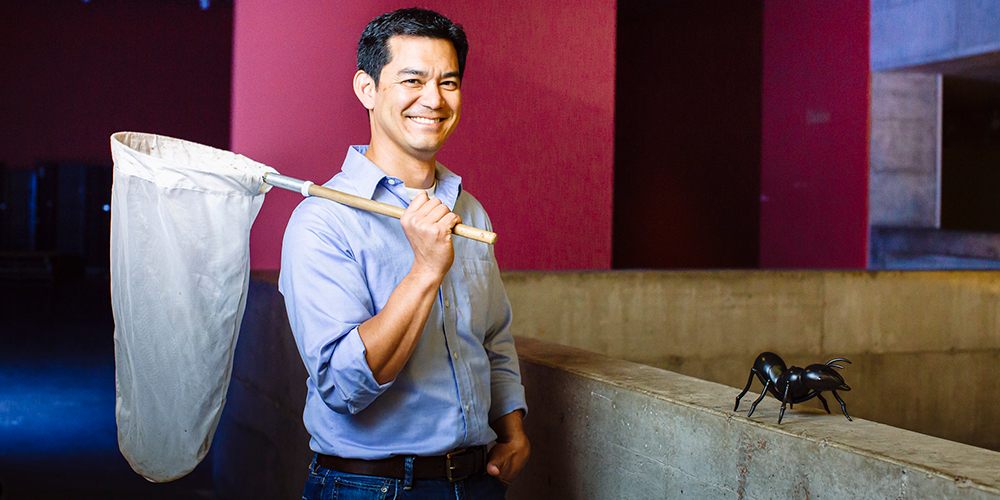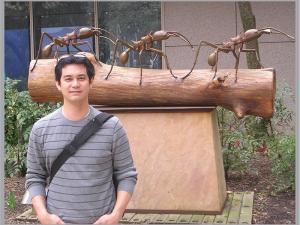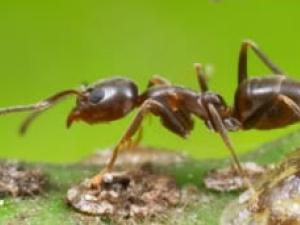

Research Bio
Neil Tsutsui is a behavioral ecologist and evolutionary biologist whose research investigates the genetics and social organization of insect societies. His work focuses on ants, honey bees, and other eusocial insects to understand how cooperation, communication, and identity are regulated at the molecular and ecological levels.Tsutsui is best known for his work on invasive species and nestmate recognition systems in ants, revealing how chemical cues and genetic diversity shape social behavior and ecological success. His research combines genomics, chemical ecology, and fieldwork to study how social systems evolve and adapt.
An expert in sociogenomics and insect behavior, Tsutsui is a professor in the Department of Environmental Science, Policy & Management at UC Berkeley and Curator of Entomology at the Essig Museum of Entomology. He is also active in science outreach and environmental education.
Research Expertise and Interest
insect behavior, evolutionary biology, ants, genetics, genomics, Argentine ants, kidnapper ants, chemical ecology, pheromones, urban parks, East Bay Regional Parks
In the News
New Fellows of the American Association for the Advancement of Science
Creating a New Trail to Solve an Old Problem
Ants normally distinguish friend from foe by detecting colony-specific molecules called pheromones that coat their bodies. Neil Tsutsui has identified the recognition pheromones and other chemical signals, and has shown in experiments that the ants’ behavior can be tweaked by exposing them to identical, environmentally harmless synthetic pheromones.
Bakar Fellows advance commercially promising research
In its first year, the initiative will give research innovations by six early-career UC Berkeley faculty members — including technologies to move prosthetic limbs with the power of thought and to control Argentine ants using their own pheromones — a significant boost from the lab to the market.
Argentine ant genome sheds light on how to be a successful pest
A research team led by scientists at UC Berkeley and San Francisco State University has unlocked the genetic code of the highly invasive Argentine ant, providing clues as to why this species has been so successful.




